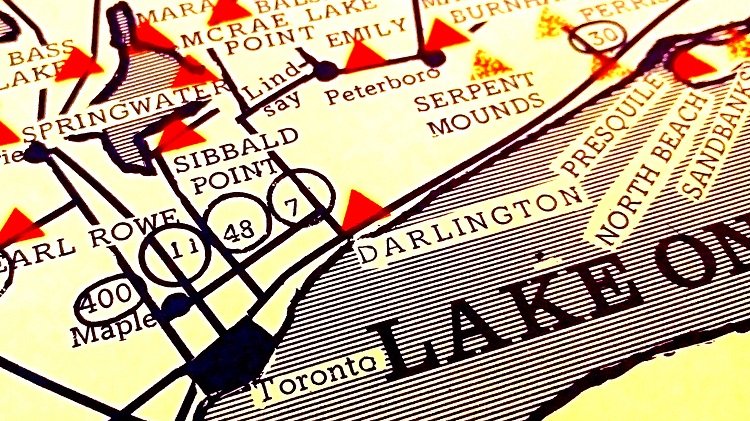What should you do when you have to research a totally unfamiliar area of law? No one knows everything, so it’s a great strategy to look for a reputable source, print or online, that provides an overview or background information to give you a starting point.
Consider starting with a search for commentary in a legal encyclopedia, like the Canadian Encyclopedic Digest and Halsbury’s Laws of Canada, available from WestlawNext Canada and Lexis Advance Quicklaw, respectively. These legal encyclopedias provide an overview of areas of law, indicating applicable legislation and providing illustrative case law. These sources will also help you identify terms and concepts useful for later, deeper research.
Secondary sources like books and loose-leafs are important, too. These titles are prepared by experts in a given area of law. So, if you are tasked with researching a condominium law problem, you might use Loeb’s Condominium Law and Administration. Or, if you need an overview of the U.S. legal system, you could consult American Law 101: An Easy Primer on the U.S. Legal System by Jasper Kim.
The Great Library Research Guides provide a starting point for your legal research, too. You’ll find guides on conducting primary and secondary legal and law-related research, as well as how to access these materials via resources available at the Great Library and online. Excellent research guides are available on the websites of Canadian and American law school libraries, too. A good example is European Union Legal Materials: An Infrequent User’s Guide, available from the Hauser Global Law School Program, New York University School of Law.
And remember: if you’re searching for information using Google, be sure to critically assess your results. Are they official, reputable and authoritative? The quality of your argument is based upon the quality of your research, so never settle for “It’s good enough”.
Discover more from Know How, the blog of the Great Library
Subscribe to get the latest posts sent to your email.


